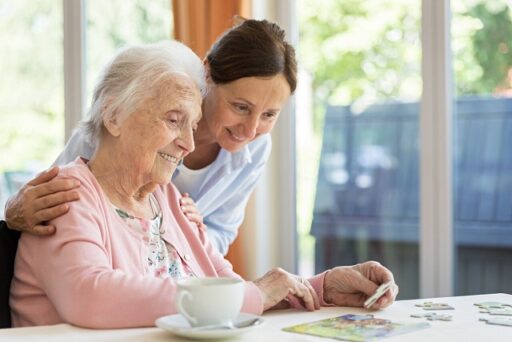Informal caregiving has been associated with higher stress and lower levels of subjective well-being. Mind-body practices including yoga, Tai Chi, and Pilates also incorporate stress-reducing activities. A joint study by Utah State University, University of Illinois, Urbana Champaign, and Northeastern University aimed to examine the association between mind-body practice and subjective well-being among informal family caregivers.

A sample of 506 informal caregivers were identified in the Midlife in the United States study (67% were women). The research team coded mind-body practice into three categories, including regular practice (participating in one or more of them “a lot” or “often”), irregular (participating “sometimes” and “rarely”) and no practice (“never”). Subjective well-being was measured using the 5-item global life satisfaction scale and the 9-item mindfulness scale. They used multiple linear regression models to examine associations between mind-body practice and caregivers’ subjective well-being, controlling for covariates of sociodemographic factors, health, functional status, and caregiving characteristics.
The results, appearing in the July 2023 issue of Gerontology & geriatric medicine, show that regular practice was associated with both better mindfulness-related well-being and better life satisfaction, after controlling for covariates.
Future research should examine whether there is a selection effect of caregivers with higher well-being being more likely to choose these activities, and/or if mind-body practices are effective non-pharmacological interventions to improve family caregivers’ quality of life.
ATCQA Members and Certified Instructors/Practitioners can read the full version of the article after signing into their accounts.